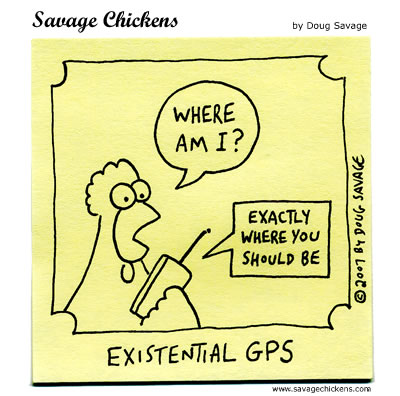These 'smart gizmos' provide internet connectivity, GPS, digital camera, sound recording, accelerometers, external sensors, and data entry/storage capabilities and in the future may add some pre-processing for the collected data such as image and sound analysis. Further down the road we might be wearing Google Glass and Augmented Reality in our field work or outdoor labs! Here are several recent paper and case studies:
- J. Treworgy, 2013: Using iPads to Enhance Learning and Teaching on Field Trips in Introductory Geology Courses. In the Trenches, 3(4), October 2013. This paper is a case-study of using iPads as modern-day clipboards - students used WhiteNote to annotate their pictures and SyncSpace as their shared whiteboard.
- D. Wallace and A.E. Witus, 2013: Integrating iPad Technology in Earth Science K-12 Outreach Courses: Field and Classroom Applications. Journal of Geoscience Education, 61(4), 385-395.
- Z.I. Johnson and D.W. Johnston, 2013: Smartphones: Powerful Tools for Geoscience Education. EOS, 94(47), 433-434.
- A. Teacher and 3 others, 2013: Smartphones in ecology and evolution: a guide for the app-rehensive. Ecology and Evolution, 3(16), 5268-5278. This paper includes many examples of existing apps and illustrates the app development process with two case studies.
- F. Granshaw, 2013: Tablets in the Field: Tools for Student-Created Virtual Field Environments. In the Trenches, 3(4), October 2013.
- M.H. Schneps and 5 others, 2014: Conceptualizing astronomical scale: Virtual simulations on handheld computers reverse misconceptions. Computers & Education, 70, 269-280.
- S. Whitmeyer and D. De Poar, 2014: Crowdsourcing Digital Maps Using Citizen Geologists. EOS, 95(44), 397-399.
- S.B. Fee and C. Griffith, 2013: Custom Mobile Application for Collection of Field Data. CUR Quarterly, 34(2), 22-26.
But - are we using technology just for technology’s sake? In other words: are tablets really adding additional learning dimensions (apparently they do!) or are we following the Borg Complex? Or: does the ‘coolness factor’ of tablets alone add enough motivation (apparently so: see here and here and here) to justify the expenses? Wallace and Witus (2013), for example, argued that using iPads in the field and classroom increased their students overall confidence in their ability to use technology effectively.
To me there are three key issues for success. First, the institution has to provide the tablets with all needed apps and accessories (cases. stylus, etc.). Second, the institution has to provide adequate training for faculty and students so that time is not wasted figuring-out how the smart gizmos work. Finally, from a practical standpoint, the tablets have to be equipped with cellphone-based internet connectivity (3G, 4G, etc.) so students can immediately share their data and photographs.
How about this for a low-tech/high-tech alternative: Field Papers! or Virtual Fieldwork!

No comments:
Post a Comment